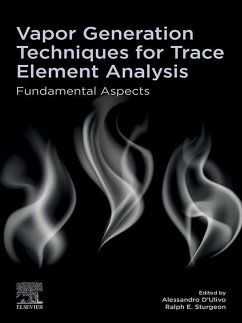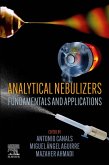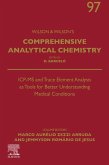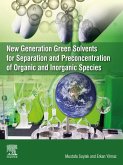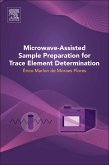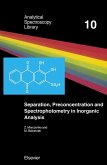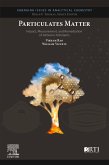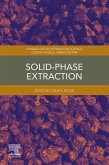Vapor Generation Techniques for Trace Element Analysis: Fundamental Aspects provides an overview and discussion of the fundamental aspects governing derivatization reactions of trace-level elements for analytical purposes. Vapor generation techniques coupled with atomic or mass spectrometry have been employed for over 50 years, but their popularity has dramatically increased in recent years, especially as alternative vapor generation approaches have been developed. This book bridges the knowledge gap of the derivatization mechanisms that yield volatile compounds and provides an update on recent developments in vapor generation techniques used for the determination and speciation of trace elements by atomic optical and mass spectrometry.
It will serve as a comprehensive, single-source overview of recent developments, providing readers with an understanding of the correct implementation-and limitations-of applying vapor generation techniques to everyday analytical problems facing the trace element analyst.
It will serve as a comprehensive, single-source overview of recent developments, providing readers with an understanding of the correct implementation-and limitations-of applying vapor generation techniques to everyday analytical problems facing the trace element analyst.
- Covers reaction mechanisms and fundamental processes of vapor generation in detail
- Includes classical and alternative vapor generation approaches: alkylation, chelation, plasma, photochemical and electrochemical
- Guides the interpretation of experimental results and implementation of vapor generation techniques in the laboratory
Dieser Download kann aus rechtlichen Gründen nur mit Rechnungsadresse in A, B, BG, CY, CZ, D, DK, EW, E, FIN, F, GR, HR, H, IRL, I, LT, L, LR, M, NL, PL, P, R, S, SLO, SK ausgeliefert werden.

